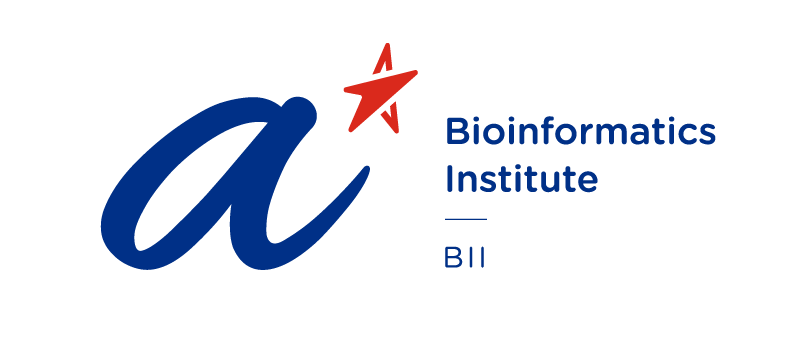Lin RTP
Higher Delta variant-specific neutralizing antibodies prevented infection in close contacts vaccinated with ancestral mRNA vaccines during the SARS-CoV-2 Delta wave
COVID-19 vaccines have been essential in bringing the pandemic under control. They have shown to be highly efficacious against severe diseases
ReadHeterologous mRNA vaccine boosters induce a stronger and longer-lasting antibody response against Omicron XBB variant
The SARS-CoV-2 Omicron recombinant XBB subvariant was first detected in September 2022, and rapidly spread across South-East Asia, notably overtaking BA.5 to become the dominant variant in Singapore.
ReadTitle: Impact of Delta Variant and Vaccination on SARS-CoV-2 Secondary Attack Rate Among Household Close Contacts
Increased risk of SARS-CoV-2 Delta acquisition compared with other variants was reduced with vaccination. Close-contacts of vaccinated Delta-infected indexes did not have statistically significant reduced risk of acquisition compared with unvaccinated Delta-infected indexes.
ReadResistance of SARS-CoV-2 Delta variant to neutralization by BNT162b2-elicited antibodies in Asians
SARS-CoV-2 was first detected in late December 2019, however, in the few months that followed, the resultant COVID-19 disease has developed into a devastating pandemic around the world [[1]]. This has led to a race to produce a safe and efficacious vaccine in record time.
ReadClinical and virological features of SARS-CoV-2 variants of concern: a retrospective cohort study comparing B.1.1.7 (Alpha), B.1.315 (Beta), and B.1.617.2 (Delta)
Background he impact of SARS-CoV-2 variants of concern (VOCs) on disease severity is unclear. In this retrospective study, we compared outcomes of patients infected with B.1.1.7, B.1.351, and B.1.617.2 with those with wild-type strains from early 2020.
ReadAssociation of SARS-CoV-2 clades with clinical, inflammatory and virologic outcomes: An observational study
Host determinants of severe coronavirus disease 2019 include advanced age, comorbidities and male sex. Virologic factors may also be important in determining clinical outcome and transmission rates, but limited patient-level data is available.
ReadEffects of a major deletion in the SARS-CoV-2 genome on the severity of infection and the inflammatory response: an observational cohort study
Severe acute respiratory syndrome coronavirus 2 (SARS-CoV-2) variants with a 382-nucleotide deletion (∆382) in the open reading frame 8 (ORF8) region of the genome have been detected in Singapore and other countries. We investigated the effect of this deletion on the clinical features of infection.
ReadMonoclonal antibodies for the S2 subunit of spike of SARS-CoV-1 cross-react with the newly-emerged SARS-CoV-2
Background A novel coronavirus, SARS-CoV-2, which emerged at the end of 2019 and causes COVID-19, has resulted in worldwide human infections. While genetically distinct, SARS-CoV-1, the aetiological agent responsible for an outbreak of severe acute respiratory syndrome (SARS) in 2002–2003, utilises the same host cell receptor as SARS-CoV-2 for entry: angiotensin-converting enzyme 2 (ACE2).
Read